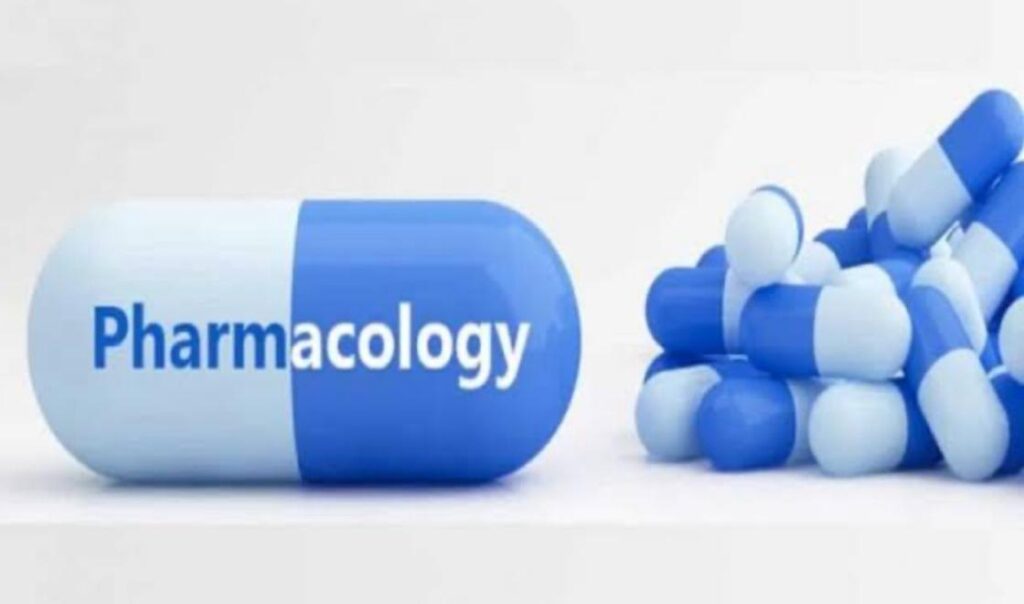Home » Books » 3rd Year Books » Semester 6 Books » BP602T. PHARMACOLOGY-III Books

BP602T. PHARMACOLOGY-III Books
“Pharmacology III: Advanced pharmacology topics, including toxicology, personalized medicine, and novel therapeutics.”
Course Content
Unit Title
Content
UNIT-I
- 1. Pharmacology of drugs acting on Respiratory system
a. Anti -asthmatic drugs
b. Drugs used in the management of COPD
c. Expectorants and antitussives
d. Nasal decongestants
e. Respiratory stimulants - 2. Pharmacology of drugs acting on the Gastrointestinal Tract
a. Antiulcer agents.
b. Drugs for constipation and diarrhoea. c. Appetite stimulants and suppressants. d. Digestants and carminatives. e. Emetics and anti-emetics
UNIT-II
- Chemotherapy- a. General principles of chemotherapy.
- b. Sulfonamides and cotrimoxazole.
- c. Antibiotics- Penicillins, cephalosporins, chloramphenicol, macrolides,
quinolones and fluoroquinolins, tetracycline and aminoglycosides
UNIT-III
- Chemotherapy
a. Antitubercular agents
b. Antileprotic c. Antifungal agents
d. Antiviral drugs
e.Anthelmintics
f. Antimalarial drugs
g. Antiamoebic agents
UNIT-IV
- 3. Chemotherapy
- l. Urinary tract infections and sexually transmitted diseases.
m. Chemotherapy of malignancy. - 4. Immunopharmacology
a. Immunostimulants
b. Immunosuppressant
Protein drugs, monoclonal antibodies, target drugs to antigen, biosimilars
UNIT-V
- 5. Principles of toxicology
a. Definition and basic knowledge of acute, subacute and chronic toxicity. b. Definition and basic knowledge of genotoxicity, carcinogenicity, teratogenicity
and mutagenicity
c. General principles of treatment of poisoning
d. Clinical symptoms and management of barbiturates, morphine, organophosphosphorus compound and lead, mercury and arsenic poisoning. - 6. Chronopharmacology
a. Definition of rhythm and cycles.
b. Biological clock and their significance leading to chronotherapy.
Learning Objectives
- understand the mechanism of drug action and its relevance in the treatment of different infectious diseases
- comprehend the principles of toxicology and treatment of various poisonings
- appreciate correlation of pharmacology with related medical sciences.
Share on WhatsApp
